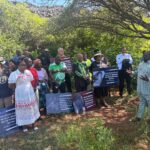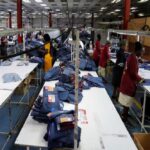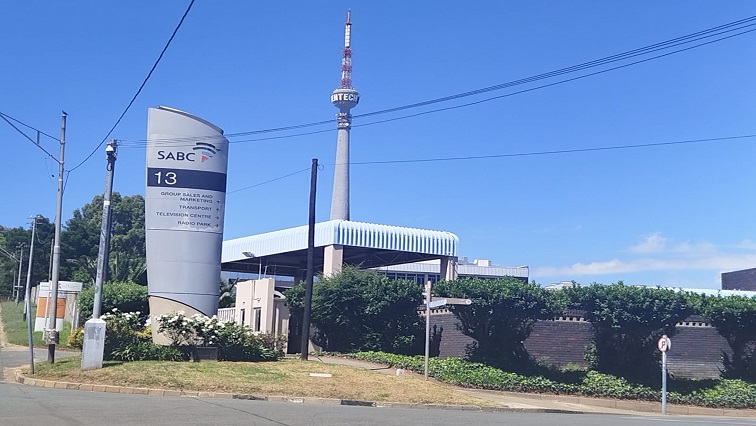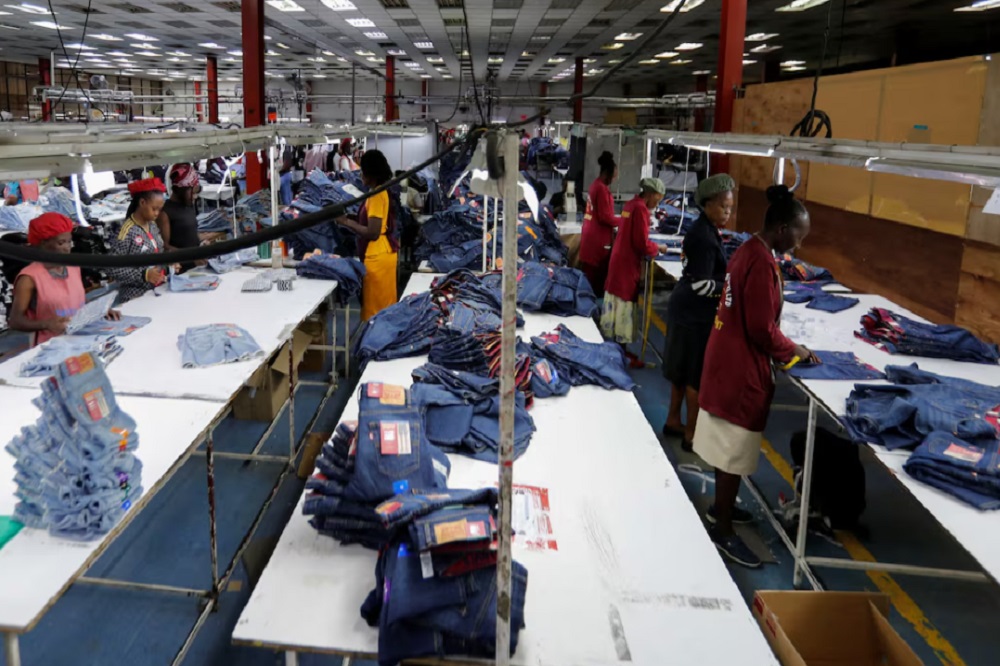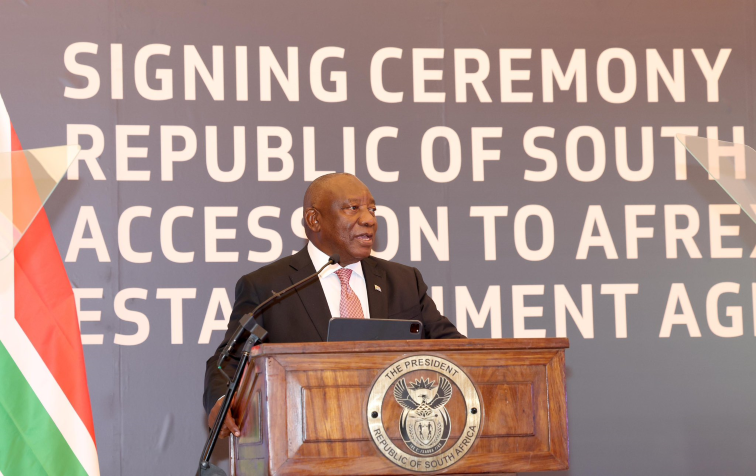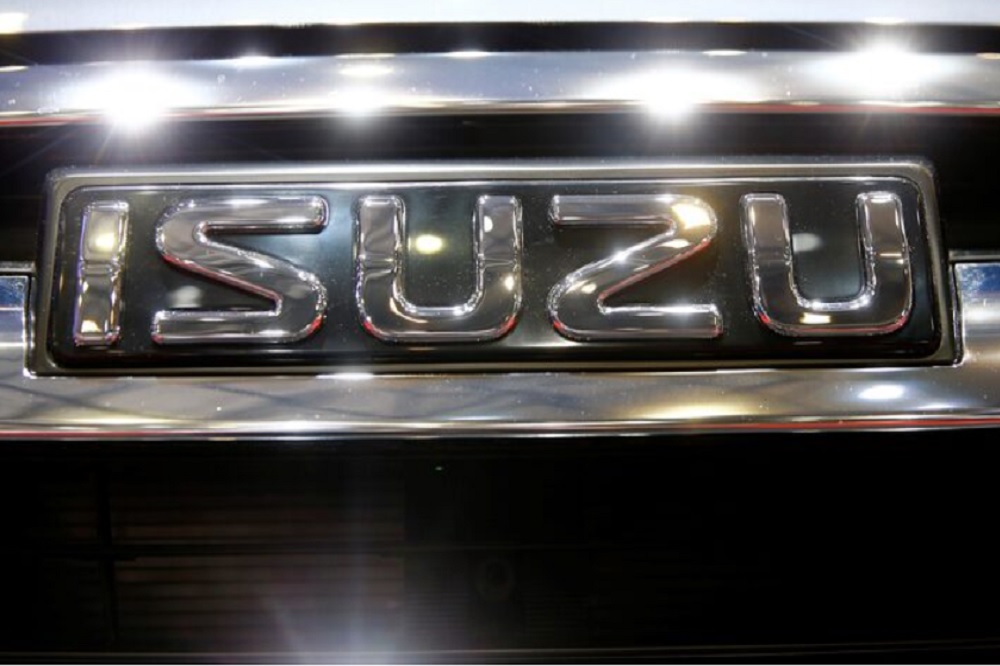-
The South African Broadcasting Corporation’s (SABC) TV Park building in Auckland Park, Johannesburg.
The South African Broadcasting Corporation (SABC) senior management continues to express the need for a viable funding model for the public broadcaster in order to have financial stability.
The executive and the board of the public broadcaster appeared before the Standing Committee on Appropriations in Parliament on Wednesday to discuss its funding model.
The Minister of Communications and Digital Technologies, Solly Malatsi, has appointed a private company to develop a viable funding model for the future sustainability of the public broadcaster.
Its finances are no secret, and neither is the impact of the outdated funding model.
SABC CEO Nomsa Chabeli states that the organisation is far behind compared to other public broadcasters in the world that are being funded mainly by public money.
“The SABC is the most commercial public broadcaster in the world, and it’s very unusual for a developing state, whereas the BBC is funded. The BBC, 80 percent of their costs is funded by the state. And the SABC is the inverse, you know. So it is something that we need to look at and say that the role of the public broadcaster, in fact, honourable no more than ever is critical in an age of misinformation and disinformation.”
The CEO was also applauded by the committee for the commitment to the recent good audit and attempts to keep the SABC stable.
SABC Finance | Role of SABC & funding model discussed in Parliament
The withdrawal of the SABC Bill, no access to capital, and having to compete with media entities that are solely commercial could sound the death knell for the public broadcaster.
Board Chairperson Dr Khathutshelo Ramukumba says the fundamental challenge lies in the 14% of TV license revenue the SABC is able to collect.
“If you look at the legislative framework, the shareholder has accepted that the public service mandate, which costs the SABC about R2.1 billion a year, must be funded through this regime. However, this regime has spectacularly failed, because only 14% of South Africans are compliant. Wherein the SABC is supposed to be collecting in the range of R4.5 billion, we are only able to collect around R700 million a year. A fundamental shortfall which leaves a huge hole in the funding of that public service mandate,” says Ramukumba.
Chabeli adds that if things continue as is, based on commercial projections and reliance on existing models, it could be the end for the public broadcaster.
While Ramukumba says the long-term solution for the SABC lies in the bill, he adds that if government could contribute a R1.1 billion shortfall for two or three years, this could make a major difference.
“We believe that the long-term solution on the funding model lies in the bill, in the interim, if we can say government through the fiscus that can contribute that one point one billion shortfall, whether for two years or three years to allow the policy and the legislation to be address by the other committee so that a viable funding model can be implemented.”
-Additional reporting by Abongwe Kobokana in Parliament.

